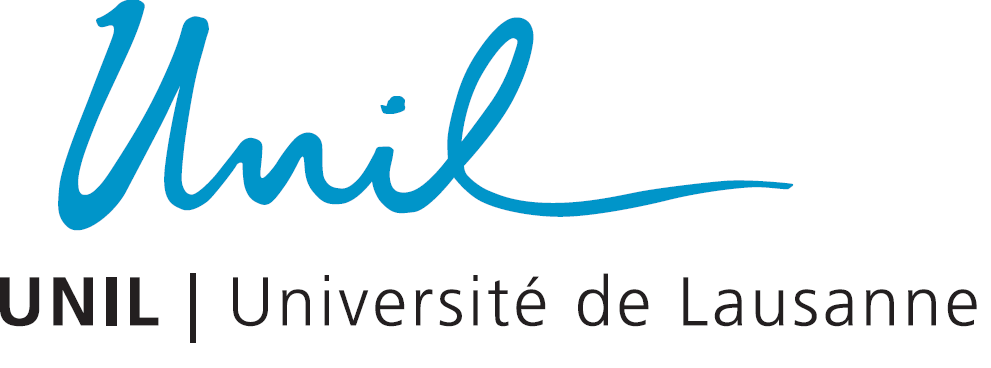The IGS North-South was developed within the National Centre of Competence in Research (NCCR) North-South. It is based on an inter-university agreement between the universities of Basel, Bern, Lausanne and Zurich in Switzerland as well as on selected cooperation agreements – currently under negotiation – with leading universities from countries in the South and East. Five institutions of the four Swiss universities involved have joined forces to create a common doctoral program on issues of global change, innovation, and sustainable development.


swisspeace is associated with the University of Basel and also participates in the Graduate School Social Sciences (G3S).
Research focus swisspeace: Conflict and peace
swisspeace conducts research on conflict and peace with a focus on the role of political and economic actors in post-conflict settings as well as on the impact of climate change on resource-use conflicts. It draws upon theories of statehood and the dynamics of political legitimacy, multi-stakeholder approaches to mediation and peacebuilding, and impact studies regarding the effects of climate change on local populations in the global South.
The Swiss Tropical and Public Health Institute, Swiss TPH, is associated with the University of Basel and part of the PhD Programme of the Swiss School of Public Health (SSPH+).
Research focus Swiss TPH: Health, services, and planning
Health is not just a benefit of sustainable development – it is a prerequisite for such development. For populations trying to escape cycles of poverty, high vulnerability to disease is one of the biggest obstacles. Research in this area primarily aims to find ways of integrating effective health and sanitation strategies into participatory planning processes. Determinants of vulnerability and resilience, improved environmental sanitation, and interventions that reduce health burdens form the heart of research.

The Centre for Development and Environment, CDE, is a university research and education centre administratively affiliated to the Faculty of Science of the University of Bern. CDE offers training courses for the IGS North-South in collaboration with its members.
Research focus CDE: Natural resources, economy, governance
The aim of research in this area is to support rural development through sustainable use of renewable natural resources. It emphasizes scientific innovation and societal relevance, linking a specialized focus on natural resources (e.g. soil and water) and biodiversity with an integrative focus on sustainable development. The researchers consider natural resources with regard to problems, processes, potentials, and pathways of sustainable development.

The Institute of Geography and Sustainability, IGD, is one of three institutes that comprise the Faculty of Geosciences and Environment of the University of Lausanne. This faculty, quite uniquely in Switzerland and in Europe, combines a large spectrum of natural-science and social-science disciplines related to environment and sustainable development.
Research focus IGD: Development, societies and environments
The DSE research group focuses on development processes, actors and practices in view of contributing to improved socioeconomic living conditions and environmental sustainability. Current research is structured around three interrelated axes: (1) natural resource management/politics; (2) multilevel environmental governance; (3) urban and rural transformations. This research group emphasizes political ecological theoretical and practical approaches grounded in fieldwork, mostly in countries of the global South, and developed in collaboration with non-academic organizations.

The Development Study Group Zurich, DSGZ, is based at the Department of Geography of the University of Zurich and part of the Zurich Graduate School in Geography.
Research focus DSGZ: Livelihoods and globalization
DSGZ research on livelihoods and globalization strives to understand social change and its consequences in local contexts, and the links between these contexts and global processes. The research is positioned within theories of practice and seeks to understand how people construct and change their livelihoods through social practices in different localities, embedded in different networks and relationships.
Management Centre
International Graduate School North-South
University of Bern
Mittelstrasse 43
CH-3012 Bern
+41 31 684 52 71
+41 31 684 69 57
igsnorthsouth.cde@unibe.ch